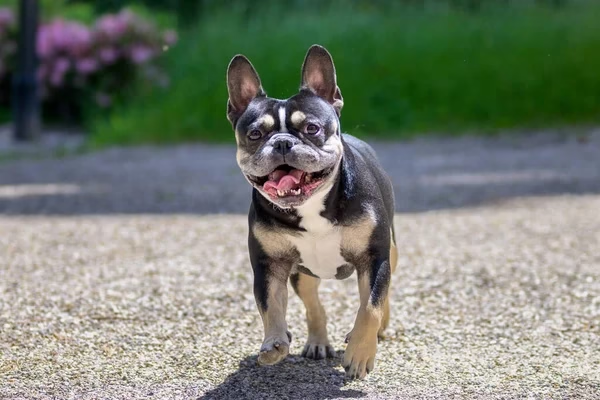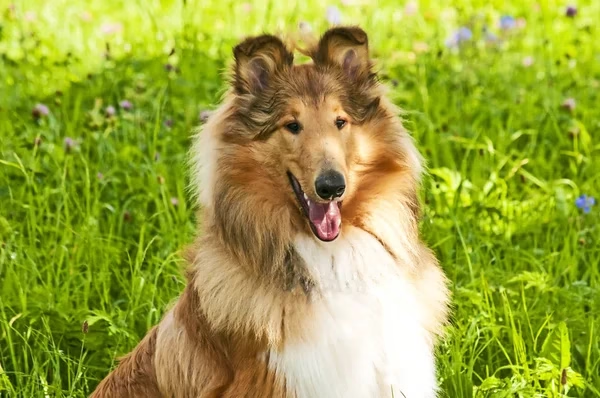Introduction: Meet the Boston Terrier

The Boston Terrier is a small, friendly, and affectionate dog breed known for its tuxedo-like coat and lively personality. Often referred to as the “American Gentleman,” this breed is a favorite among city dwellers and families alike. With their manageable size, cheerful disposition, and adaptability, Boston Terriers make excellent pets for many different lifestyles.
But is a Boston Terrier the right choice for your home? Let’s dive into everything you need to know—from temperament and care needs to common questions prospective owners ask.
Breed Overview: Quick Facts About the Boston Terrier
| Trait | Description |
|---|---|
| Origin | United States |
| Group | Non-Sporting |
| Height | 15–17 inches (38–43 cm) |
| Weight | 12–25 pounds (5.4–11.3 kg) |
| Lifespan | 11–15 years |
| Coat | Short, smooth |
| Colors | Brindle, seal, or black with white |
| Temperament | Friendly, alert, gentle |
| Energy Level | Moderate |
| Trainability | High |
| Good with Kids | Yes, very affectionate and patient |
History and Origin of the Boston Terrier
The Boston Terrier originated in the late 1800s in the United States, making it one of the first truly American dog breeds. Bred from a mix of the English Bulldog and the now-extinct White English Terrier, the Boston Terrier was initially larger and more aggressive. Over time, breeders refined the temperament and size, creating the small, well-mannered companion we know today.
In 1893, the breed was officially recognized by the American Kennel Club (AKC), and it remains a top choice for families and singles alike.
Physical Characteristics of the Boston Terrier
Boston Terriers have a compact, muscular build with a square-shaped body. Their prominent, expressive eyes and perky ears give them a distinct and endearing appearance. They typically weigh between 12 and 25 pounds, making them ideal for apartment living.
One of their most recognizable traits is their sleek coat pattern. The classic tuxedo look, with white markings on a black, seal, or brindle coat, gives them an elegant charm that complements their nickname: the “American Gentleman.”
Temperament: Is a Boston Terrier a Good Family Dog?
Yes—Boston Terriers are fantastic family dogs. They are affectionate, loyal, and known for forming strong bonds with their humans. They are generally good with children and get along well with other pets if properly socialized.
Their playful nature makes them excellent companions for active kids, while their gentle demeanor ensures they don’t become overwhelming or aggressive. Plus, they rarely bark excessively, making them a quiet yet alert watchdog.
Are Boston Terriers Hard to Potty Train?
Boston Terriers are intelligent and eager to please, which typically makes training easier. However, potty training can sometimes be a bit challenging, especially during the puppy stage.
To make the process smoother:
- Stick to a consistent schedule.
- Use positive reinforcement with treats and praise.
- Be patient and persistent—some Bostons may take a little longer to fully grasp the routine.
Crate training can also be a helpful tool in housebreaking this breed.
Grooming and General Care for Boston Terriers
Boston Terriers have minimal grooming needs thanks to their short, fine coat. A weekly brushing with a soft-bristle brush or grooming mitt helps reduce shedding and keeps their coat looking sleek.
General care tips:
- Bathing: Once a month or when needed
- Nail trimming: Every 2–3 weeks
- Teeth brushing: At least 2–3 times per week
- Eye cleaning: Their prominent eyes are prone to irritation; wipe gently with a damp cloth as needed
Do Boston Terriers Have Lots of Health Issues?
Unfortunately, Boston Terriers can be prone to several health concerns, many of which stem from their flat-faced (brachycephalic) structure.
Common health issues include:
- Brachycephalic Syndrome: Can cause breathing difficulties
- Eye Conditions: Corneal ulcers, cataracts, and dry eye
- Patellar Luxation: Dislocation of the kneecap
- Deafness: Common in Boston Terriers with a lot of white on their heads
To minimize risks:
- Choose a reputable breeder who screens for genetic conditions
- Maintain a healthy weight and diet
- Avoid strenuous exercise in hot or humid weather
Why Are Boston Terriers So Expensive?
The cost of a Boston Terrier can range from $800 to $2,500 or more depending on lineage, breeder reputation, and location. Several factors contribute to the price:
- Health testing and responsible breeding practices
- AKC registration and show-quality bloodlines
- Veterinary care, vaccinations, and socialization
While the initial price may seem high, it often reflects the breeder’s commitment to producing healthy, well-adjusted puppies.
Exercise and Mental Stimulation

Although they’re small, Boston Terriers are energetic and need daily exercise to stay fit and happy. A 30-minute walk, combined with indoor play or puzzle toys, is usually enough.
They also enjoy:
- Tug-of-war games
- Basic obedience sessions
- Fetch or chase games
- Agility or rally obedience sports
Is the Boston Terrier Right for You?
Best Suited For:
- Singles or families
- Apartment dwellers
- First-time dog owners
- Homes with children
May Not Be Ideal For:
- Extremely hot or humid climates
- Families seeking a guard dog
- Those looking for a hypoallergenic breed
Pros and Cons of the Boston Terrier
| Pros | Cons |
|---|---|
| Friendly and loving temperament | May have breathing issues |
| Great with kids and other pets | Prone to eye problems |
| Low grooming needs | Can be stubborn during training |
| Ideal size for apartments | Doesn’t tolerate extreme temperatures well |
Fun Facts About the Boston Terrier
- The breed is the official state dog of Massachusetts.
- Boston Terriers were one of the first breeds developed in the U.S.
- They’ve been popular among U.S. presidents, including Gerald Ford and Warren G. Harding.
Final Thoughts: Is the Boston Terrier the Right Breed for You?
If you’re searching for a loyal, friendly, and low-maintenance companion with a big personality, the Boston Terrier might be the perfect choice. They thrive in loving environments where they can get plenty of attention, exercise, and mental engagement.
However, prospective owners should be aware of potential health issues and be prepared for moderate training efforts, especially during early puppyhood.
👉 Want to explore more breeds? Check out our guide to choosing the right dog for your lifestyle.
👉 Visit the AKC Boston Terrier profile for official breed standards and health resources.







